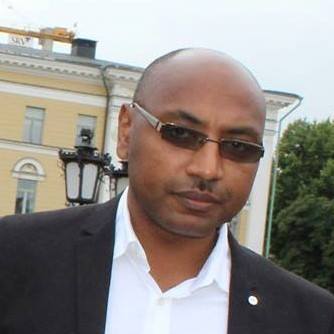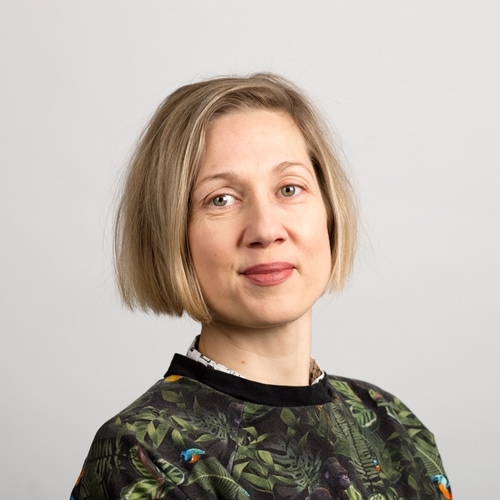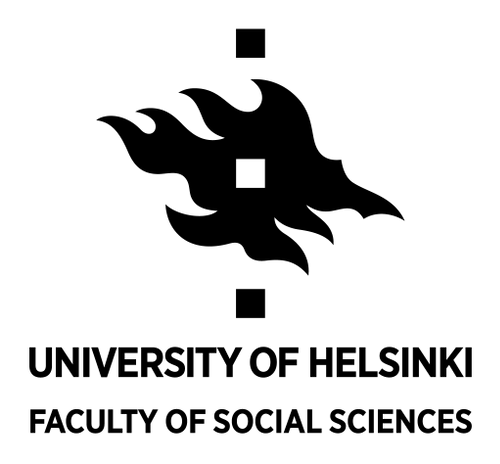About FIMAR
The antimicrobial resistance (AMR) pandemic is a major global crisis that threatens human health, not only in the form of non-treatable infections but also by complicating modern medicine and food production as we know it. Human activities profoundly impact both the evolution and transmission of AMR, therefore understanding evolution, transmission and distribution of AMR requires a multidisciplinary approach.
While it is well-understood that antibiotic use is a major driver in the initial development of antimicrobial resistance, a multitude of other factors impact the rapid increase of resistant microbes and genes, which are then distributed across the globe through the movement of people, animals and goods.
Our Finnish Multidisciplinary Centre of Excellence in Antimicrobial Resistance Research (FIMAR) will unravel the problem of AMR as a joint effort by experts in biology, medicine, sociology and bioinformatics. Our integrative approach will build a foundation for science-based actions against AMR and transform how AMR is studied.
We aim to:
- collect, combine and analyse data that are usually assessed separately such as human AMR data, environmental AMR data and sociological data
- connect these data with evolutionary experiments for a mechanistic understanding of the process.
- conduct integrative data analysis to identify genetic, phenotypic, environmental and sociological features and mechanisms behind the AMR risk.







